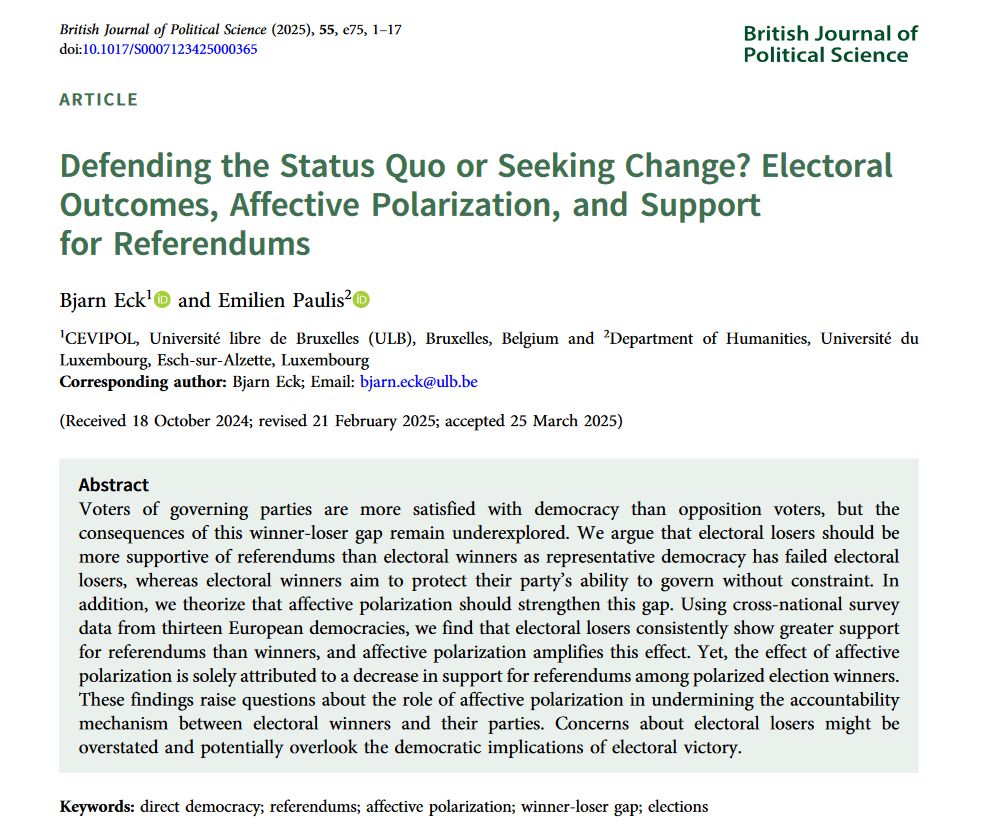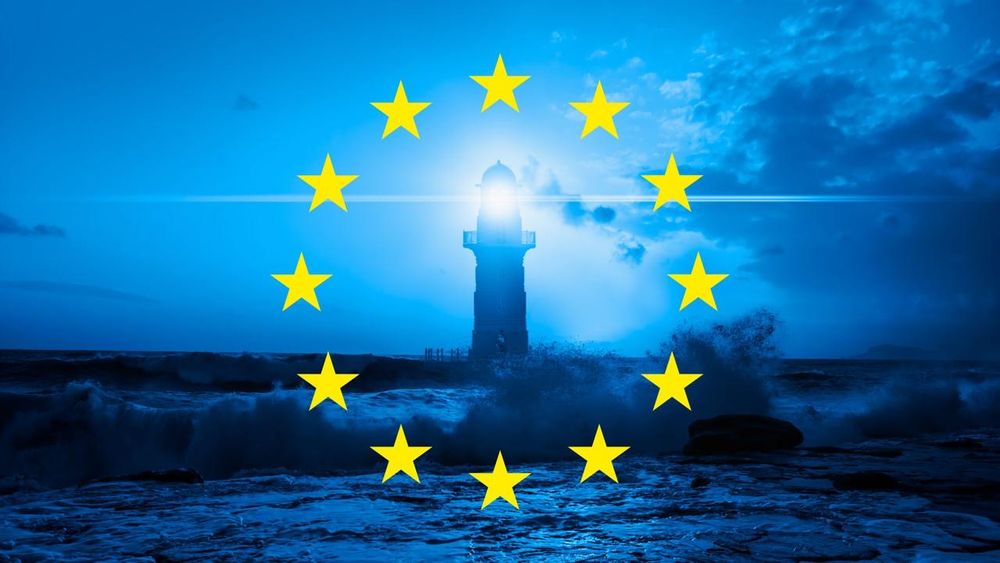Bjarn Eck
@bjarneck.bsky.social
930 followers
370 following
27 posts
PhD-researcher in Political Science at ULB Brussels | political behaviour, elections, European politics | bjarneck.eu
Posts
Media
Videos
Starter Packs
Reposted by Bjarn Eck
Bjarn Eck
@bjarneck.bsky.social
· Aug 7
The Loop
@ecprtheloop.bsky.social
· Aug 6

🧭 Military support to Ukraine is more fundamental than enlargement
EU enlargement alone won’t bring peace or security to Ukraine. Without matching accession promises with sustained military aid, writes Bjarn Eck, Europe risks prolonging the war — and exposing itself…
buff.ly
Bjarn Eck
@bjarneck.bsky.social
· May 16
Bjarn Eck
@bjarneck.bsky.social
· May 16
Bjarn Eck
@bjarneck.bsky.social
· May 16
Bjarn Eck
@bjarneck.bsky.social
· May 16
Reposted by Bjarn Eck
Bjarn Eck
@bjarneck.bsky.social
· Dec 6
Bjarn Eck
@bjarneck.bsky.social
· Dec 6
Bjarn Eck
@bjarneck.bsky.social
· Dec 6

The costs of not supporting Ukraine | Kiel InstituteMenu
Logo of the Leibniz Association
In recent weeks, political voices advocating for the reduction or cessation of military support for Ukraine have gained ground in Germany and other nations. Proponents argue that funds allocated for m...
www.ifw-kiel.de
Bjarn Eck
@bjarneck.bsky.social
· Dec 6
Bjarn Eck
@bjarneck.bsky.social
· Dec 6
Bjarn Eck
@bjarneck.bsky.social
· Dec 6
Bjarn Eck
@bjarneck.bsky.social
· Dec 6
Bjarn Eck
@bjarneck.bsky.social
· Dec 6
Bjarn Eck
@bjarneck.bsky.social
· Dec 6










